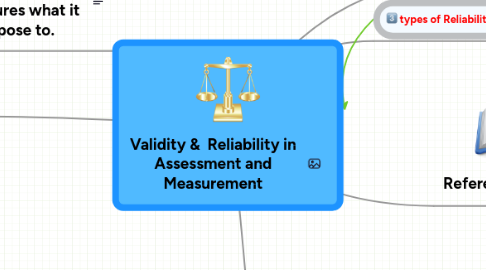
are a few things that make the measuring instrument defective and may result in measurement errors. The use of complex words, beyond the comprehension of the respondent, ambiguous meanings, poor printing, inadequate space for replies, response choice omissions, etc.

If the respondent feels that anonymity is not assured, he may be reluctant to express certain feelings. For instance, if someone else is present, he can distort responses by joining in or merely by being present. Any condition which places a strain on interview can have serious effects on the interviewer-respondent rapport. Situation: Situational factors may also come in the way of correct measurement.may limit the ability of the respondent to respond accurately and fully. All this reluctance is likely to result in an interview of ‘guesses.’ Transient factors like fatigue, boredom, anxiety, etc. Respondent: At times the respondent may be reluctant to express strong negative feelings or it is just possible that he may have very little knowledge but may not admit his ignorance.The following are the possible sources of error in measurement. As such the researcher must be aware about the sources of error in measurement.

This objective, however, is often not met with in entirety. Problems in Measurement should be precise and unambiguous in an ideal research study.


 0 kommentar(er)
0 kommentar(er)
